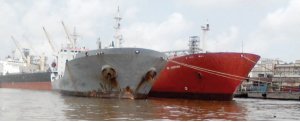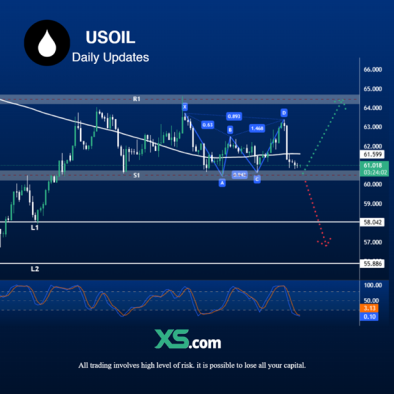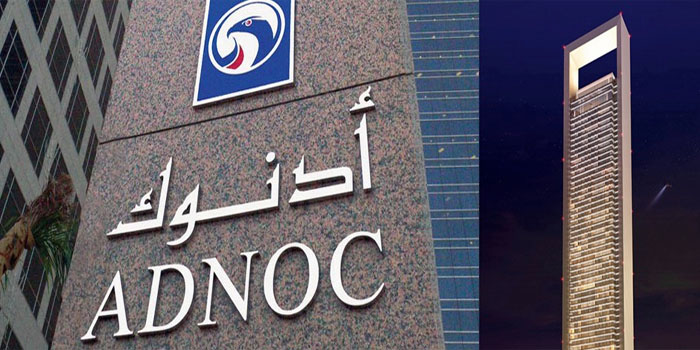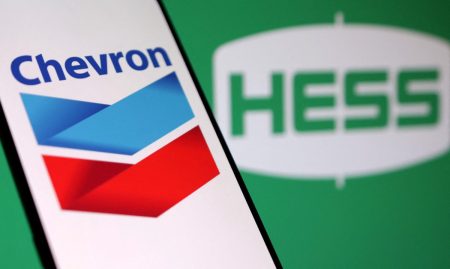
OpeOluwani Akintayo
24 February 2018, Sweetcrude, Lagos —The Nigerian National Petroleum Corporation, NNPC, has spent almost 30 percent of Nigeria’s external reserve on the importation of petrol from last December to February, SweetcrudeReports’ calculation has shown.
On Tuesday, February 20, NNPC through its Group Managing Director of the corporation, Dr. Maikanti Baru, during a public hearing by the Senate Committee on Public Accounts at the National Assembly Complex in Abuja, announced that it imported 9.8 million metric tons of Premium Motor Spirit, PMS worth $5.8 billion to combat the fuel crisis that resurfaced since late last year.
Estimation of the reported $5.8 billion spent on the importation by NNPC, when converted, puts the total amount spent as N2, 088 trillion, which is twenty-eight percent of Nigeria’s current external reserve.
As projected by the Governor, Central Bank of Nigeria, CBN, Mr. Godwin Emefiele at the Annual Bankers’ Dinner of the Chartered Institute of Bankers, CIBN in Lagos last November, the nation’s external reserve was pegged at $40.4 Billion (N14, 544 trillion).
Foreign exchange reserves are reserve assets held by a central bank in foreign currencies, used to back liabilities on their own issued currency as well as to influence monetary policy.
The reserve is a profit that has been appropriated for a particular purpose.
Reserves are sometimes set up to purchase fixed assets, pay an expected legal settlement, pay bonuses, pay off debt, pay for repairs and maintenance, and so forth.
The most important reason is to manage a country’s currency.
In Nigeria’s case, the country earns a chunk of its foreign exchange which it saves into the external reserves from crude oil exports.
After all the expenses might have been deducted, profit from such exports is then kept in the reserves.
Despite Nigeria being an oil-producing nation, it had for decades been unable to refine enough petrol for use of its marmot population.
Yet, the country exports petrol to neighbouring countries to earn foreign currencies. Fuel importations are also paid for in foreign currencies gotten from external reserves.
On why such an amount was spent on petrol importation, NNPC’s Group Managing Director said the Corporation’s intervention became necessary following the inability of the major and independent marketers to import the product because of the high landing cost which made cost recovery and profitability difficult owing to the regulated price regime.
However, Team Leader for Facility for Oil Sector Transformation, FOSTER (a non-governmental organisation that promotes policy reforms in the extractive sector), Ademola Henry Adigun, described the spending as a “waste”.
“Spending $5.8 billion on fuel importation within few months is a waste. Why would the corporation spend profits from crude exports to import fuel? That money ought to be in the reserve to be used for most capital projects.”
“If care is not taken and the reserve keeps dropping like that, God forbid, if the crude oil price goes down again, Nigeria will be plunged back into recession”, he added.
Nigeria had spent N2.068 trillion on the importation of petroleum products within a nine-month period, from January to September 2017, rising by 14.32 percent from N1.809 trillion recorded in the same period in 2016.



